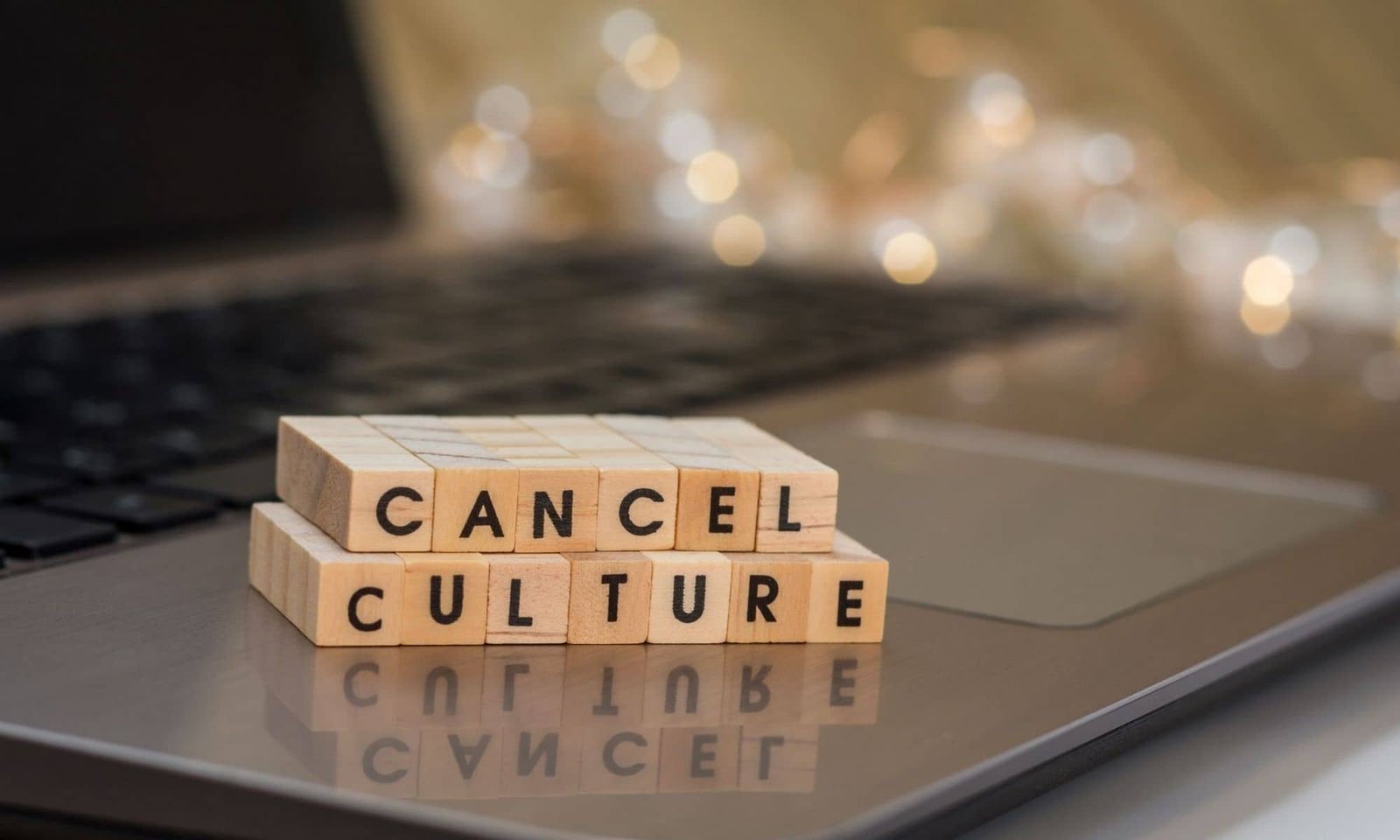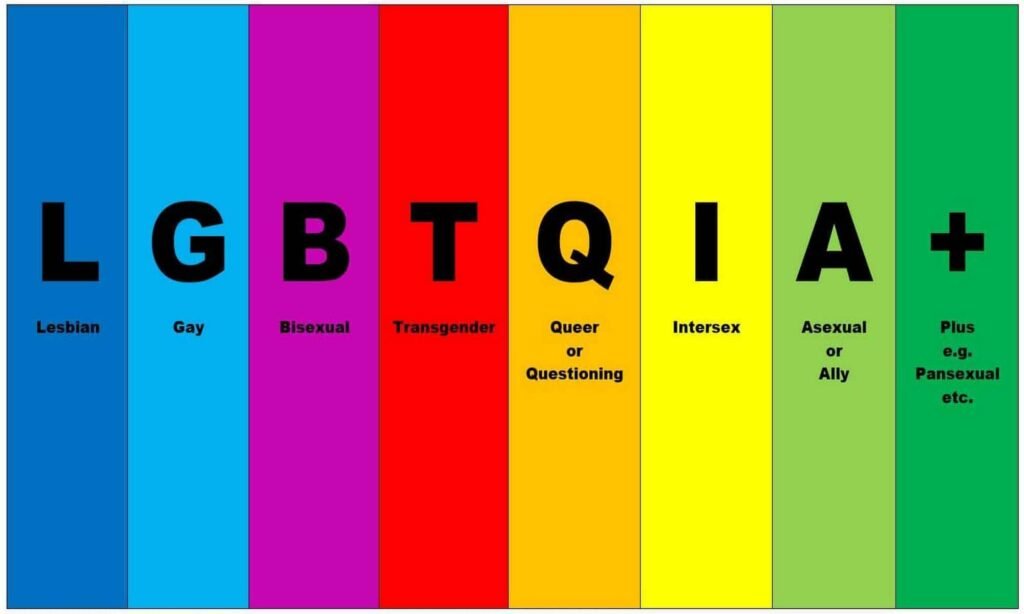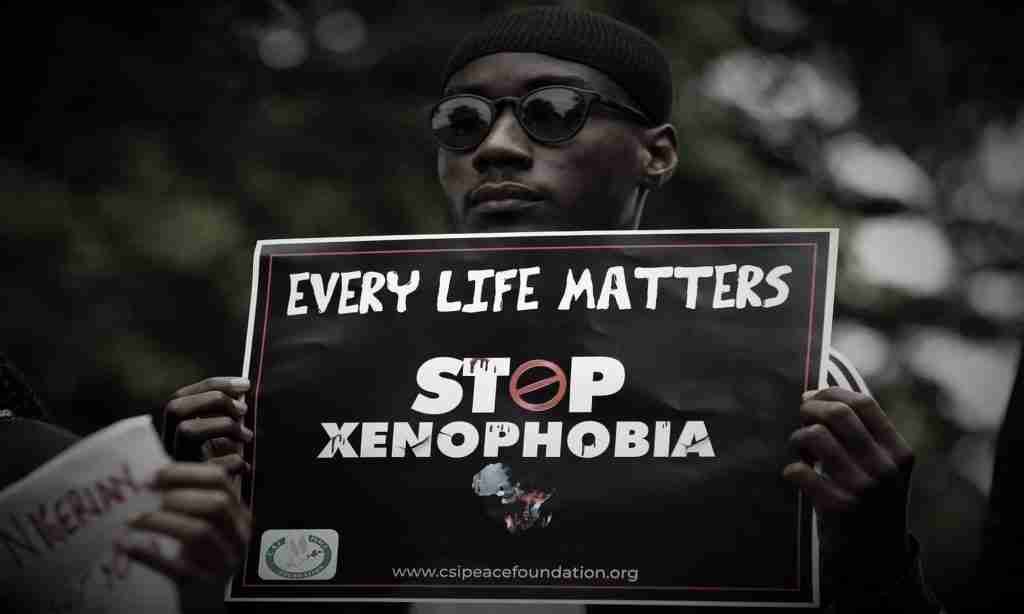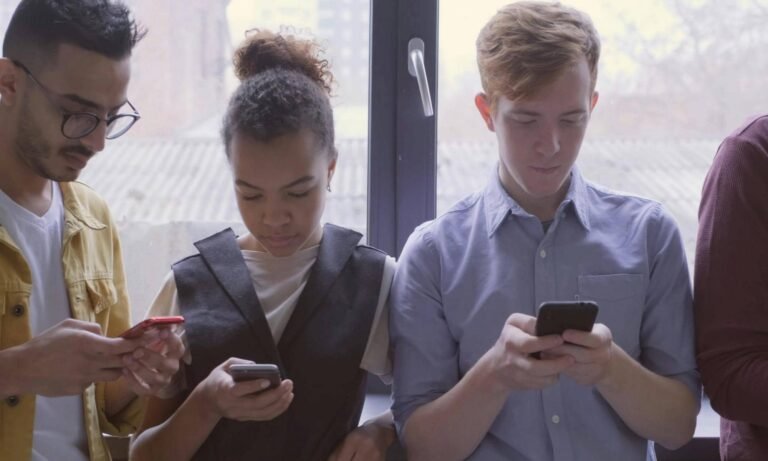Cancel culture refers to the contemporary sociopolitical practice wherein individuals – often public figures – face social ostracism or boycotts due to perceived offensive actions or statements. Rooted in a society increasingly aware of various social justice issues, including gender equality and transgender rights, this phenomenon has gained traction with the rise of social media platforms. These digital environments empower users to collectively voice their outrage, leading to the mobilization of communities that advocate for accountability and swiftly act against perceived transgressions.
The origins of cancel culture can be traced back to earlier movements that sought to hold individuals accountable for their actions. However, its contemporary manifestation is characterized by a unique blend of public discourse and social media activity. Microblogging platforms, such as Twitter and Instagram, serve as arenas for users to express their discontent, making it feasible for cancel culture to proliferate rapidly. Within this framework, individuals can initiate campaigns that effectively isolate the targets of denunciation, leading to various consequences, including professional repercussions and loss of public support.
In essence, cancel culture is a double-edged sword; it promotes social awareness while simultaneously fostering an environment of fear, where individuals may censor their opinions for fear of public backlash. Additionally, this phenomenon challenges traditional norms of discourse, redefining what constitutes acceptable statements and behaviors in public life. The implications are profound, extending beyond individual cases to affect broader conversations regarding free speech, accountability, and justice. As society navigates these complex waters, it becomes increasingly vital to understand the factors contributing to cancel culture’s dynamics in modern interactions.
The Motivations Behind Cancel Culture
Cancel culture has emerged as a complex social phenomenon driven by various motivations. One primary motivation is the desire for accountability. In an era where social media amplifies marginalized voices, many believe holding individuals or organizations accountable for perceived injustices is essential. This accountability aligns with sentiments that those in positions of privilege should be scrutinized for their actions and words. However, the line between constructive criticism and punitive action can blur, leading to cancel culture.
The pursuit of social justice also motivates individuals to engage in this form of collective action. Activists harness the power of mobilization to draw attention to issues surrounding race, gender, and identity. Discussions around transgender rights and marginalized communities have heightened awareness of systemic inequalities. As a result, individuals may feel compelled to “cancel” those whose views or actions they perceive as counterproductive to these movements for equality and representation.
Additionally, the dynamics of collective activism play a significant role. When a group unites to uphold certain values – often termed as “woke” movements – they may feel empowered to take action against those who appear to contradict these beliefs. This sense of community and shared purpose can inadvertently lead to a mob mentality, where the outrage of the many outweighs individual responses to criticism. Personal values, societal norms, privilege, and power dynamics significantly shape how people navigate these social landscapes, influencing their decisions to partake in cancel culture.
The Effects of Cancel Culture on Society
Cancel culture, a phenomenon that has gained prominence in recent years, has significant effects on society, echoing through various facets of social discourse. One notable positive effect is its ability to empower marginalized groups. The cultural shift towards accountability provides a platform for voices traditionally omitted from mainstream discussions. Movements related to social justice, including those advocating for transgender rights or highlighting issues faced by communities of color, can rally support and mobilize action against discriminatory practices. This empowerment allows these groups to demand change, fostering an environment where grievances can be aired and acknowledged.
However, the ramifications of cancel culture are not exclusively positive. One of the most concerning implications is the potential silencing of free speech. The fear of being “canceled” can lead individuals to self-censor, curbing open dialogue and honest discussions about sensitive topics, ranging from race to gender identity. This chilling effect can stifle diverse perspectives, undermining the foundations of democratic discourse. The possibility of backlash often discourages people from expressing their thoughts, especially on contentious subjects such as those related to the transgender community or broader social issues.
Moreover, cancel culture can exacerbate divisions within communities. While it aims to highlight social injustices and promote accountability, it can also create an “us vs. them” mentality. This polarization can hinder constructive conversation and compromise, leading to entrenched positions rather than productive dialogue. In essence, while cancel culture can serve as a catalyst for social change, it simultaneously presents challenges that warrant careful consideration. Balancing the need for accountability with the principles of free expression is essential to navigate its complexities. The ongoing conversation surrounding cancel culture continues to evolve, requiring society to assess its effects thoughtfully.
Navigating the Future of Cancel Culture
As society grapples with the complexities of cancel culture, it becomes increasingly important to navigate these waters with a focus on productive conversations. Constructive dialogue is essential in fostering a culture where diverse viewpoints can coexist. Cancel culture often arises from the desire to hold individuals accountable for their actions or words, particularly concerning sensitive subjects such as gender, race, and ideology. However, engaging in discussions that delve into the context and intent behind individuals’ behavior can create pathways to understanding rather than division.
The first step in moving forward is promoting awareness and empathy. Members of society should strive to understand different perspectives and the historical context surrounding issues like transgender rights, racism, and social injustice. This understanding can lead to a more nuanced approach to accountability, allowing individuals to educate rather than ostracize those who may have erred in judgment. Instead of resorting to cancellation, individuals and communities can engage in dialogue that encourages growth and learning.
A productive avenue involves redefining accountability. By moving beyond a punitive mindset, society can create an atmosphere where individuals learn from their mistakes without fear of permanent ostracization. Promoting restorative justice practices can foster reflection and reconciliation, allowing for constructive criticism. This approach can help dismantle the cycle of fear often associated with cancel culture. Emphasizing dialogue and understanding rather than cancellation cultivates an inclusive atmosphere. By valuing empathy and accountability, discussions about cancel culture can evolve positively, ensuring all voices are heard and maintaining a commitment to social justice.
“People have gone down this spiral of cancel culture and the idea that everything is offensive.”
– Bianca Del Rio
Cancel culture often stifles open dialogue, fosters public shaming, and leaves little room for personal growth or redemption.
What’s More
The posts in My Blog feature reflective, story-driven pieces rooted in personal and societal insights.
The topics in My Interests explore abstract, philosophical ideas and their cultural and societal impact.
👁️ 10,409 Views















